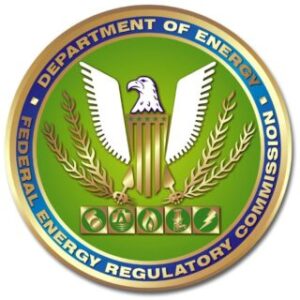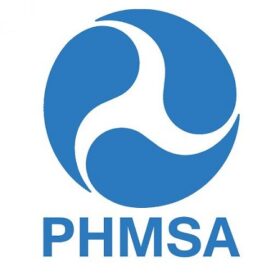
The Interstate Natural Gas Association of America (INGAA) filed comments on February 27, 2011 on the Federal Energy Regulatory Commission’s (FERC or Commission) Notice of Proposed Rulemaking (NOPR), 137 FERC ¶ 61,219 (2011), regarding the Commission’s proposal to revise its regulations regarding the filing of privileged material and critical energy infrastructure information (CEII) and the timeframe permitted for responding to motions requesting an extension of time.
INGAA generally supports the Commission’s proposal to reduce the timeframe for answering to motions requesting an extension of time from 15 days to five days. As proposed in the NOPR, however, it appears that the proposed deletion would grant the Secretary, or the Secretary’s designee, authority to shorten any answer period, including a pipeline’s ability to respond to a complaint, not just a motion for extension of time, to any period with no minimum specified. The Commission has not provided any justification for removal of this provision. INGAA requests that that the Commission maintain the provision permitting a 10-day minimum period for answering complaints, petitions, motions and other documents that do not request an extension of time pursuant to 18 C.F.R. § 375.302(b).
INGAA request clarification on certain aspects of the Commission’s proposal regarding the filing of privileged and CEII materials. Modeled after the Commission’s current rules for how a complainant seeks privileged treatment under 18 C.F.R. § 385.206(e), the Commission’s proposed revisions to § 388.112 would require a filer to serve privileged material or CEII to parties who have filed a notice or motion to intervene and who have signed a protective agreement. INGAA requests that a filer should be required to provide privileged materials and CEII under the protection of a protective order only to those participating in the proceeding (i.e., the parties and intervenors), not those who have not yet been granted intervenor status.
In addition, INGAA requests that a filer should not have to serve public versions of documents that are completely redacted. Providing copies of public, completely redacted documents neither facilitates that process by which the filer exchanges the privileged materials with the requester nor facilitates the Commission’s review process. For documents that are fully redacted, INGAA requests clarification that companies should be permitted to comply with proposed § 388.112(b)(1) by submitting, in its cover page requesting privileged treatment, a statement that the entire document contains privileged, confidential and/or CEII treatment, and a short title or description of the type of information it contains.
Finally, INGAA suggests that the Commission revise § 388.112 and related regulations identified in footnote 12 in INGAA’s comments and replace the term “privileged material” with the term “protected material.” Referring to information in § 388.112 as “protected material” would remove any confusion with attorney-client, settlement and other common law privilege categories and would facilitate what information is required to be produced. If the Commission, however, decides to retain the term “privileged material,” INGAA suggests that the Commission revise the scope of § 388.112 of its regulations to explicitly exempt documents protected under common law privilege from mandatory public disclosure under § 388.11.







